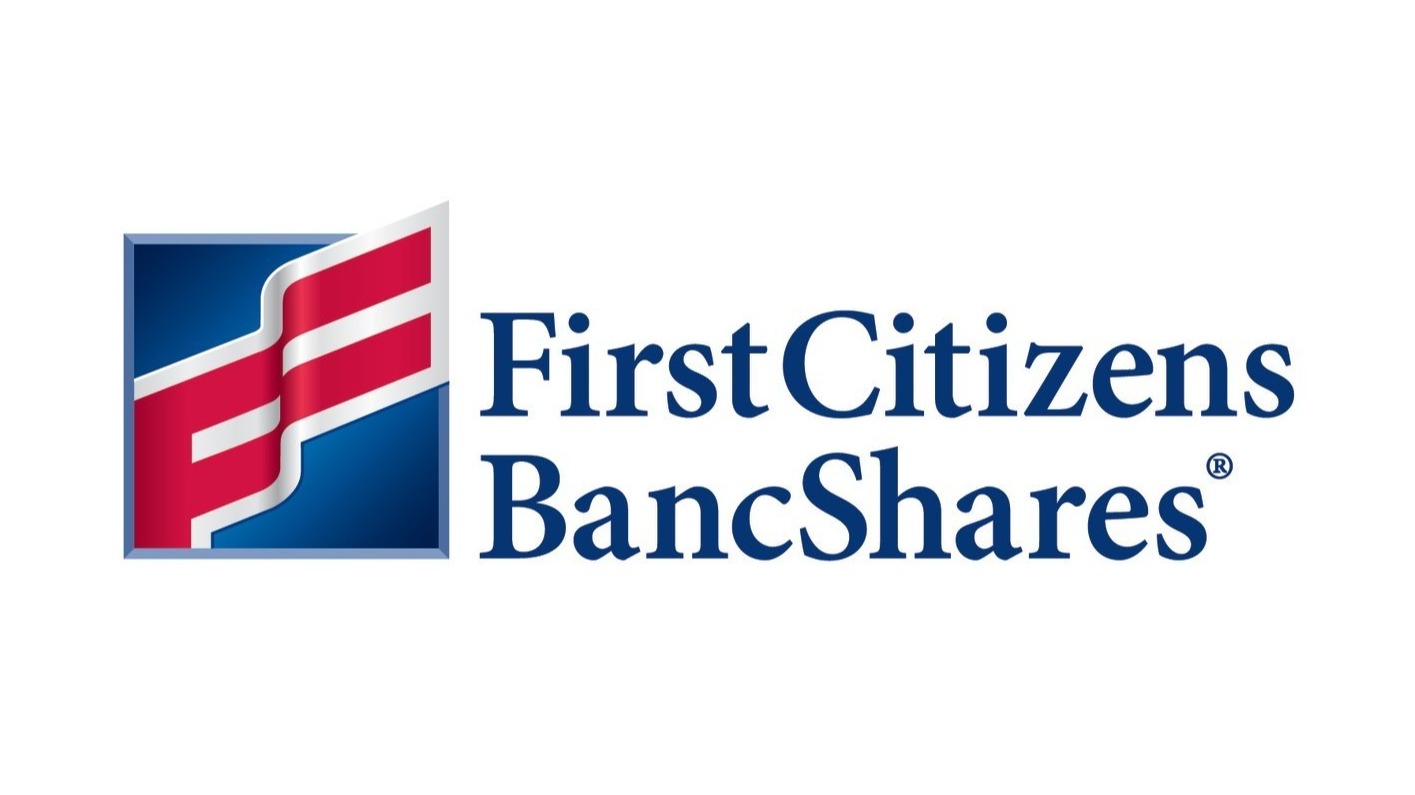The Competition and Markets Authority (CMA) has provisionally found that five major banks – Citi, Deutsche Bank, HSBC, Morgan Stanley and Royal Bank of Canada – have fallen foul of competition laws.
The watchdog said the banks broke the rules by sharing competitively sensitive information by participating in one or more one-to-one conversations in chatrooms.
The alleged communications took place over Bloomberg chatrooms between 2009 and 2013 and involved a small number of traders from the banks, with discussions relating to the buying and selling of UK government bonds.
Conversations are also said to have included details on pricing and other aspects of the banks’ trading strategies.
The CMA said the illegal exchange of sensitive information could have “denied the full benefits of competition” to parties the banks in question traded with.
HSBC refuted the allegations, adding that it will continue to make its case to the CMA while it awaits its final decision.
Noting that it had cooperated fully with the CMA during its investigation, Morgan Stanley also refuted the watchdog's findings and said it "intends to contest them".
Royal Bank of Canada also disagreed with the CMA's findings, stating that it would continue to fully cooperate with the watchdog and that it takes any allegation of employee misconduct "very seriously".
Under the CMA’s leniency policy, Deutsche Bank admitted to wrongdoing, while Citi applied for leniency during the investigation.
The watchdog said that providing Deutsche Bank and Citi cooperate with the conditions of leniency, Deutsche Bank will not be fined and that any fine Citi receives will be discounted.
A spokesperson for Citi said: “We have co-operated fully with the CMA on this matter and are pleased to put it behind us.”
Michael Grenfell, executive director of enforcement at the CMA, said the five banks’ actions could have denied taxpayers, pension savers and financial institutions the benefits of full competition for these products.
“A properly functioning, competitive bond market benefits tens of millions of taxpayers and pension savers as well as being at the heart of the UK’s reputation as a global financial hub,” Grenfell said. “These alleged activities are therefore very serious and warrant the detailed investigation we have undertaken.”
FStech has reached out to all named banks for comment.
Latest News
-
Gemini to cut quarter of workforce and exit UK, EU and Australia as crypto slump forces retrenchment
-
Bank ABC’s mobile-only ila bank migrates to core banking platform
-
Visa launches platform to accelerate small business growth in US
-
NatWest to expand Accelerator programme to 50,000 members in 2026
-
BBVA joins European stablecoin coalition
-
eToro partners with Amundi to launch equity portfolio with exposure to ‘megatrends’
Creating value together: Strategic partnerships in the age of GCCs
As Global Capability Centres reshape the financial services landscape, one question stands out: how do leading banks balance in-house innovation with strategic partnerships to drive real transformation?
Data trust in the AI era: Building customer confidence through responsible banking
In the second episode of FStech’s three-part video podcast series sponsored by HCLTech, Sudip Lahiri, Executive Vice President & Head of Financial Services for Europe & UKI at HCLTech examines the critical relationship between data trust, transparency, and responsible AI implementation in financial services.
Banking's GenAI evolution: Beyond the hype, building the future
In the first episode of a three-part video podcast series sponsored by HCLTech, Sudip Lahiri, Executive Vice President & Head of Financial Services for Europe & UKI at HCLTech explores how financial institutions can navigate the transformative potential of Generative AI while building lasting foundations for innovation.
Beyond compliance: Building unshakeable operational resilience in financial services
In today's rapidly evolving financial landscape, operational resilience has become a critical focus for institutions worldwide. As regulatory requirements grow more complex and cyber threats, particularly ransomware, become increasingly sophisticated, financial services providers must adapt and strengthen their defences. The intersection of compliance, technology, and security presents both challenges and opportunities.
© 2019 Perspective Publishing Privacy & Cookies












Recent Stories